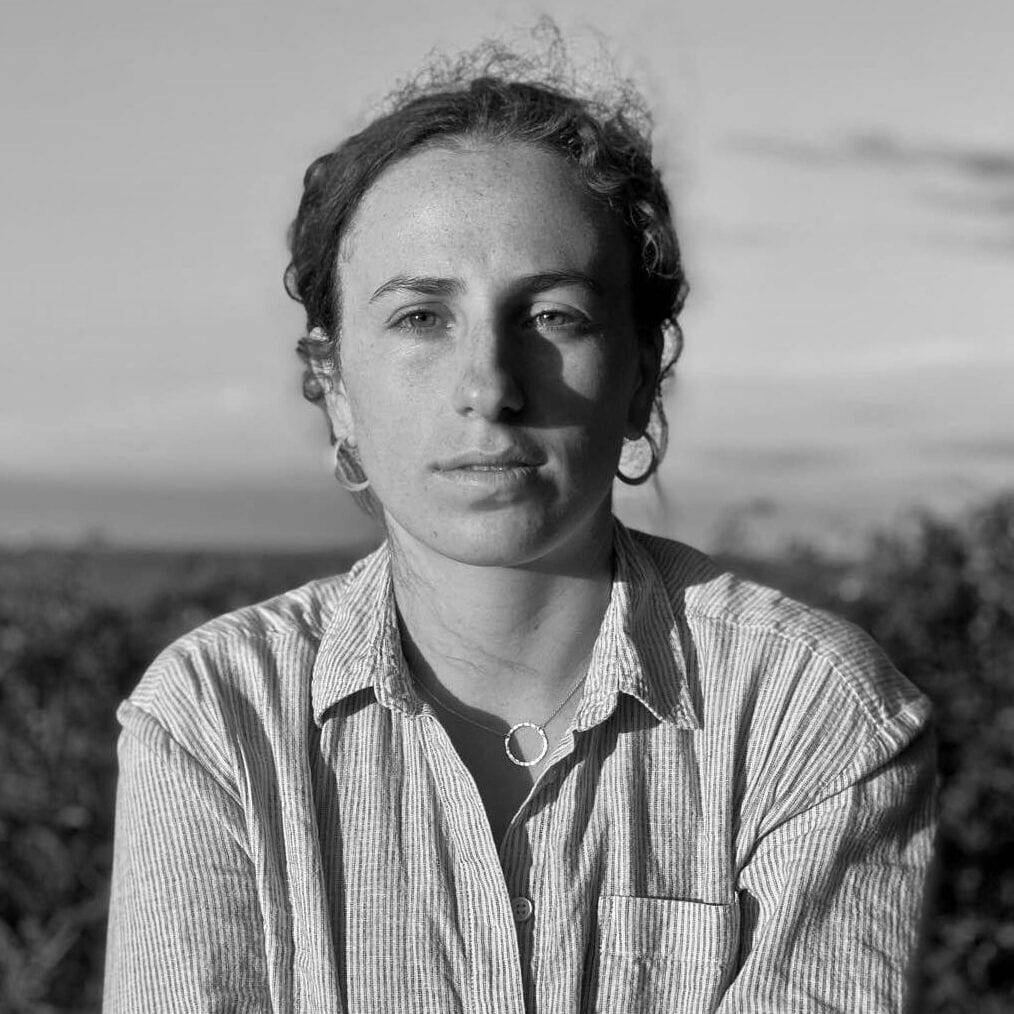“Boom, boom, boom, boom,” says Sergeant Rudy Reyes, a former US recon marine, as he stares down the camera lens in the first episode of the BBC Two documentary ‘Once Upon a Time in Iraq’.
The documentary tells the story of the Iraq War through the tales of journalists, soldiers and civilians who lived through the invasion and its aftermath, avoiding the familiar tomes of then-political leaders George Bush and Tony Blair. Instead, James Bluemel’s documentary relies on hard-hitting first-hand accounts of what Iraq was really like in 2003.
“We went three weeks straight with no sleep. Straight fighting,” Sergeant Reyes guffaws, smiling. “Three weeks, yeah. No armour, no doors, no roofs, just very capable, violent professionals. It was as heavy and as personal and as bloody as you can imagine except we killed them before they could kill us.”
Reyes was deployed to Iraq in 2003, ahead of the main invasion, to destroy strategic targets and clear a route for the rest of the army, the presenter explains.
The former marine, who takes a couple of shots followed by a healthy swig of Tequila straight from the bottle before starting his interview, tells his story with the pride and gusto of an excited child; he sits forward in his chair, brow slightly furrowed, eyes wide and alert. After all, the former marine spent years training for this type of operation.
READ: German activist kidnapped in Iraq, police say
“We were so far ahead. Thirty kilometres ahead. Sixty men spearheading the blitzkrieg to get to Baghdad. Damn, that’s immense,” Reyes explains. “It was god-like,” he says, describing the noisy chaos of the US offensive.
It is these kinds of personal stories delivered by an impressive breadth and diversity of interviewees which make Bluemel’s documentary both powerful and uncomfortable to watch.
There is Sally, a 23-year-old Iraqi who remembers bombs falling in Baghdad, despite being only six during the invasion. Later, in one of the documentary’s rare but necessary moments of light relief, Sally remembers wondering aloud at the time if the troops were Teenage Mutant Ninja Turtles because of the oversized rucksacks they carried.
Then there are those who are nostalgic for Saddam Hussein’s Iraq and glorify the leader. “If he was amongst kings, he would be a king. If he was amongst farmers, he would be a farmer,” says one interviewee.
Another, a former advisor to Hussain, says he modelled his moustache and dress sense on the former president. The man, who smokes a cigar while he talks, imitating Hussein, tells Bluemel he still dreams of the Iraqi leader.
![Image of US soldiers during the 2003 invasion in Baghdad, Iraq [DVIDSHUB/Flickr]](https://i0.wp.com/www.middleeastmonitor.com/wp-content/uploads/2017/04/2008_8-22-US-troops-in-iraq.jpg?resize=920%2C613&ssl=1)
US soldiers during the 2003 invasion in Baghdad, Iraq [DVIDSHUB/Flickr]
One standout interviewee is Waleed Nesyif who, armed with his black e-cigarette, jokes and smiles his way through his telling of the war. The Iraqi, who was 18 years old at the time of the invasion, relives the moments, discovering the depraved reality of war right in front of your eyes.
Bluemel seamlessly mixes footage of Nesyif’s interview with a lanky young incarnation of the Iraqi working as a translator in the aftermath of the war on a visit to the remains of a Bedouin camp near Karbala. The camp, Nesyif explains, was attacked by three American helicopters, leaving only two of the family alive.
READ: UK forces withdraw from Iraq’s Taji base
In the footage, a young Nesyif is clearly shocked. He runs his hand through his hair. He looks around. He nods but does not speak. Back in the studio, Nesyif takes a drag of his cigarette and pauses. It is a feeling he remembers even now, he says.
“Honestly, I had my reservations, and I was like this is just very unreal, like this is too much. Too much. People can’t be that bad. They can’t be that evil.”
At the beginning of the episode, footage of young Nesyif shows a talkative 18-year-old joker with an infatuation with the West, the proud lead singer in Iraq’s only heavy-metal band. At the end, however, young Nesyif has been shocked into silence, stripped of his youthful innocence.
It’s a fitting end to the first episode of a documentary which makes for remarkably uneasy watching, despite its merits. Once Upon a Time in Iraq is a skilful, masterly telling of the Iraq War, that has just enough moments of light relief between compelling and sometimes harrowing personal tales to make it watchable. It is enraging and uncomfortable, but it is a much watch.
The next episode of Once Upon a Time in Iraq continues on BBC2 on Monday night at 9pm. The accompanying book of the same name was released on 16 July and is available for purchase online.
INTERVIEW: The journalist who threw his shoes at George W Bush ‘would do it again’

![Once Upon a Time in Iraq [Screenshot]](https://i0.wp.com/www.middleeastmonitor.com/wp-content/uploads/2020/07/ONCE-UPON-A-TIME-IN-IRAQ-e1595344619815.png?fit=920%2C613&ssl=1)







